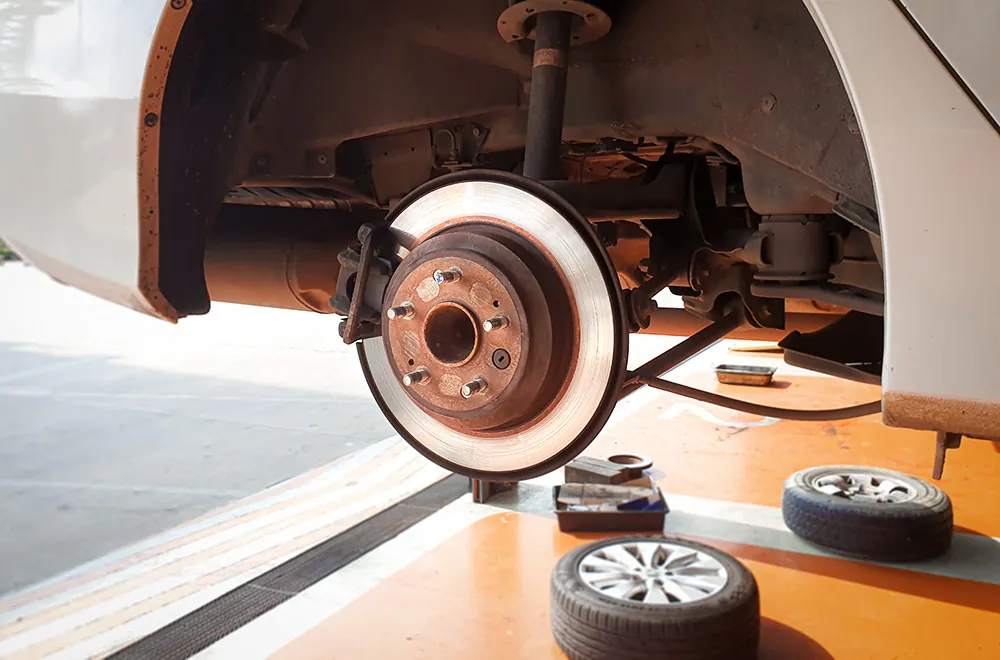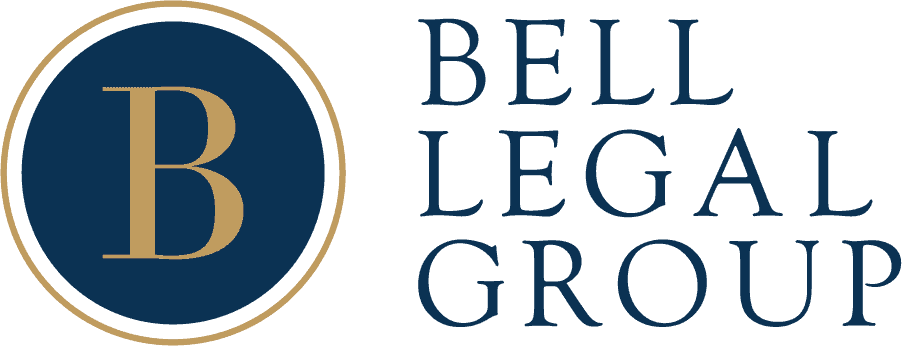Raleigh, NC: (919) 277-9299

When companies produce and sell products to the public, they have an obligation to make sure these products are safe for consumers to use. And when a product is defective, consumers who have experienced injuries or other damages as a result of the defect(s) have a right to sue—often with the help of a defective product attorney—to recover their losses from parties, including the product manufacturer, distributor, and/or retailer from whom they purchased the product.
But how are such claims impacted when the product’s maker issues a recall for the defective product? Recalls do not fully absolve manufacturers of their liabilities, and they may provide evidence that supports product liability claims and higher damage amounts.
What Is a Product Recall, and Does It Negate Product Liability Claims?
A product recall is a manufacturer’s action to cease sales of a product and provide refunds, repairs, replacements, or updated usage instructions to address existing issues with the offering. Recalls often result from concerns about the risks a product could pose to consumers, which may include illness, injury, or even death. Product recalls may be voluntarily initiated by the manufacturer or mandated by regulatory agencies, including the U.S. Consumer Product Safety Commission.
While recalls often represent an attempt by the manufacturer to address concerns about a product’s defects, they do not absolve the company of all responsibility for damages the product may have caused. Consumers may file product liability claims regardless of whether a recall has been issued. In addition, a company can still be sued after a product recall has been initiated, and already-filed lawsuits can continue after a product recall is issued.
Do Recalls Provide Proof of Product Defects?
While a product recall may help show that potential issues with a product exist, it does not alone prove that a product is defective—a claimant and his or her attorney(s) are responsible for gathering and providing evidence that demonstrates any defects and the harm they may have caused. But by showing the manufacturer is aware of a product defect and is publicly recognizing the risks it presents, the recall can serve as evidence supporting a defective product claim.
Key Factors in a Product Liability Claim
A claim can move forward regardless of a product’s recall status. To be viable, it must demonstrate the following key factors:
- Existence of a defect due to a manufacturing or design shortfall, or a failure to warn consumers about potential product-safety issues
- Clear evidence of causation showing a product’s defect or a failure to warn of potential safety issues led to a claimant’s damages
- The claimant’s proper use of the product, or use of the product as a reasonable person would expect it to be used
- In some cases and jurisdictions, negligence on the part of the manufacturer to properly design or manufacture a product or warn consumers about the potential risks it presents
Defective product attorneys can be a big help in supporting product liability claims, particularly in the critical area of collecting compelling evidence. The following are examples of important evidence a defective product lawyer can help gather:
- The product itself, along with pertinent manuals and warning labels
- Photo and video evidence demonstrating the claimed defect and the harm it caused
- Science-based product testing and analysis showing a direct link between the product defect and any harm it caused to the claimant
- Medical records describing any injuries the defective product caused
- Expert testimony on the product’s defects and potential dangers
- Recall information or safety warnings showing the manufacturer’s awareness of potential issues with the product
If you or a loved one has been harmed by a product, you have a legal right to take action and hold any involved parties accountable. Contact us today—the attorneys at Bell Legal Group want to hear your story.
